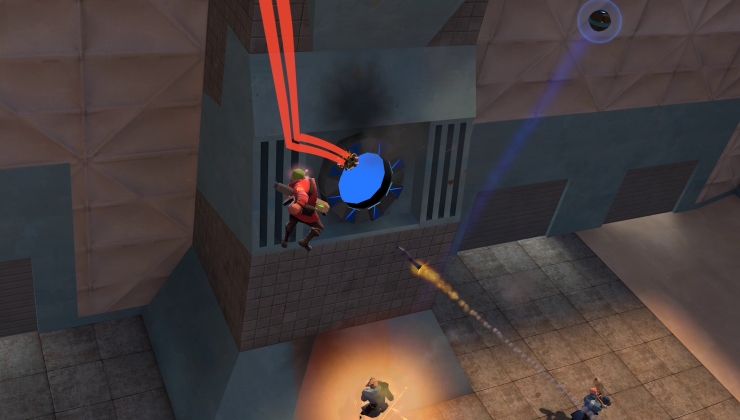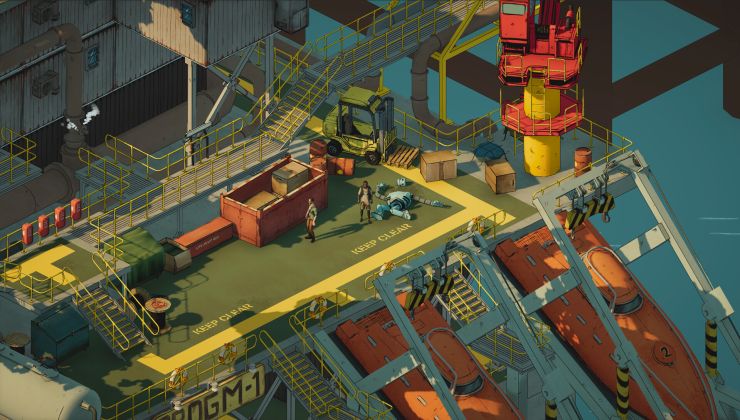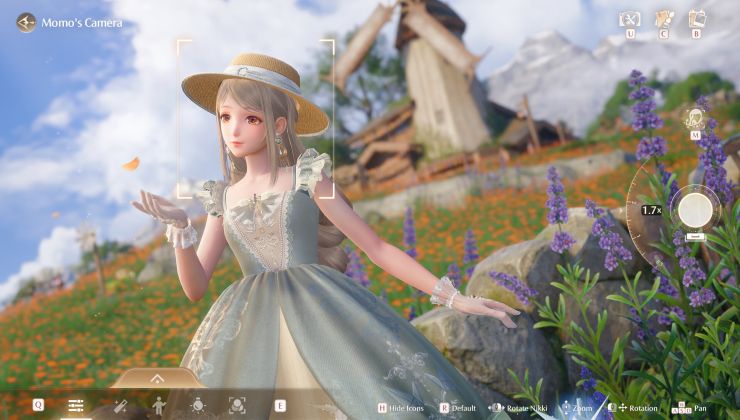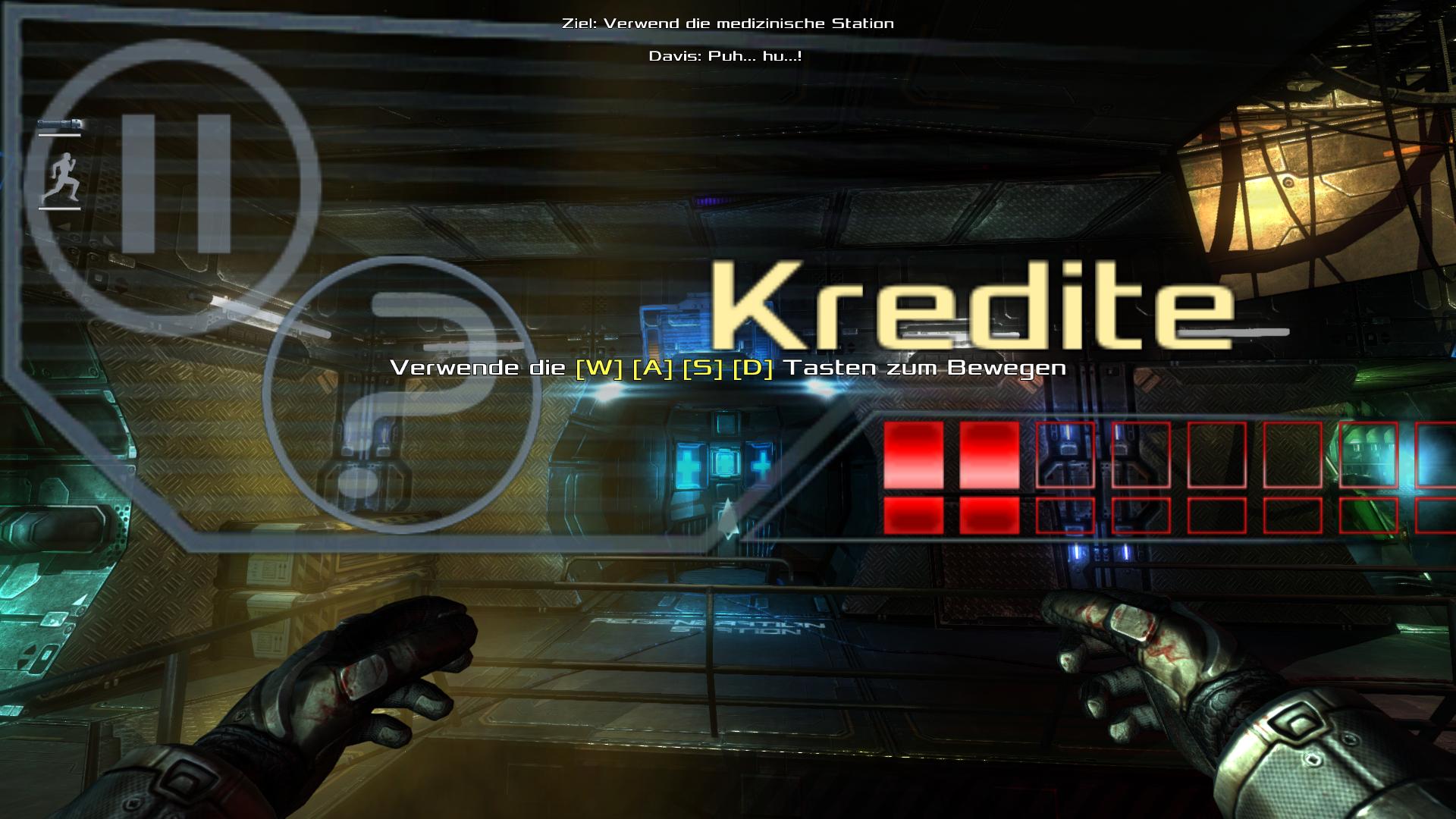We announced back in February that the developers of Republique were working on a Linux port, but needed some middleware to add Linux support. However it seems like this never happened, and the efforts to bring the game to Linux have been abandoned.
This very promising looking stealth game has an interesting aesthetic and dystopian vibe to it, along with voice acting from the likes of David Hayter so it had me pretty excited. Unfortunately though, according to the developers the port no longer seems feasible:
This is pretty disappointing to say the least, even more so given that the developers themselves seemed pretty enthusiastic. It also goes to show that just because a game is built using Unity 5, porting to Linux is not always as simple as clicking a button.
Criware itself is a Japanese company, and knowing the disdain found for Linux among the Japanese games industry, it hardly seems surprising that the company hasn’t added Linux support to its middleware, and given that the developers seem to have cancelled the port altogether, it doesn’t seem like the company ever will.
I guess all we can do as Linux gamers is try and promote a culture of cross-platform development so this kind of thing doesn’t happen as often in the future. If developers begin their games with the intention of publishing across multiple platforms, using multi-platform tools then the porting process is ultimately easier and cheaper in the long run, and an increased demand for multi-platform support will also push companies like Criware to think about Linux.
This very promising looking stealth game has an interesting aesthetic and dystopian vibe to it, along with voice acting from the likes of David Hayter so it had me pretty excited. Unfortunately though, according to the developers the port no longer seems feasible:
QuoteUnfortunately, after some recent research, we've determined this can't be done. Republique utilizes several brands of middleware that are incompatible with Linux/SteamOS, including Criware.
This is pretty disappointing to say the least, even more so given that the developers themselves seemed pretty enthusiastic. It also goes to show that just because a game is built using Unity 5, porting to Linux is not always as simple as clicking a button.
Criware itself is a Japanese company, and knowing the disdain found for Linux among the Japanese games industry, it hardly seems surprising that the company hasn’t added Linux support to its middleware, and given that the developers seem to have cancelled the port altogether, it doesn’t seem like the company ever will.
I guess all we can do as Linux gamers is try and promote a culture of cross-platform development so this kind of thing doesn’t happen as often in the future. If developers begin their games with the intention of publishing across multiple platforms, using multi-platform tools then the porting process is ultimately easier and cheaper in the long run, and an increased demand for multi-platform support will also push companies like Criware to think about Linux.
Some you may have missed, popular articles from the last month:
All posts need to follow our rules. For users logged in: please hit the Report Flag icon on any post that breaks the rules or contains illegal / harmful content. Guest readers can email us for any issues.




 How to set, change and reset your SteamOS / Steam Deck desktop sudo password
How to set, change and reset your SteamOS / Steam Deck desktop sudo password How to set up Decky Loader on Steam Deck / SteamOS for easy plugins
How to set up Decky Loader on Steam Deck / SteamOS for easy plugins
Pretty much this. It's amazing how unprofessional some studios are. If you plan to release for a number of platforms you need to plan what components and technology to use and if everything you want to use is available for all target platforms. Before you write a single line of code that is. I think that's sometimes referred to as "proper project management".
What they do is announcing a multiplatform release, but then develop as if no platform other then Windows would even exist. They write a Windows game using Windows components and Windows-exclusive technology and then are somehow surprised that their product doesn't magically compile for MacOS or Linux.
You really wonder where these people learned their craft.
It's easy to say they should have planned better, on the other hand the switch of a middleware has side-effects, as licesnse costs, training costs or impact to productivity.
Though, it's sad they first announce and later have to do the step back and de-announce it.
For the japan / not japanese middleware, that's completely irrelevant. There is dozens of middleware pieces out there not compatible with Linux, not only from Japan but from Europe, US, Australia, Canada and others. We're the little kid on the block - we have to face it. In Japan, in this case, they're conservative in investment politics. As conservative as EA, Activision/Blizzard and other Japa.. ooops ;-).
For this particular game I'm a bit sad, since it certainly looked like a game I could have enjoyed. But hey, other games will take their spot.
http://seegras.discordia.ch/Blog/windows-unity-games-on-linux/
As for Republique, there are actually three Unity-Plugins:
BalancerSDK64.dll -- http://www.atangeo.com/products/sdk
CSteamworks.dll -- https://github.com/rlabrecque/Steamworks.NET
cri_ware_unity.dll -- http://www.cri-mw.com/
And yes, two of them are broken.
I resemble that remark... but you'll never hear me say anything is impossible. I generally just pound away at something until I find a way to make it work. I'm not a professional programmer.
I used your blog to make Dead Effect run in Linux. I was trying Dues Ex the Fall but like you, I got no sound. I went to the wwise site and downloaded all the Linux versions of the their sdk and compiled the aksoundengine.so files. But none of them worked. Out of curiosity, did you try the different versions of aksoundengine on their site?

Have you noticed something similar?
The only issue I noticed had to do with input mapping. When using a joystick I could look around but not move, when using keyboard/mouse move but not look around. Should be resolvable but I haven't gotten around to messing with it. Changing steam controller config may do it, I've got so many Linux games I haven't played I haven't gotten to it. That and there is a little resentment about it working in Linux but not being released for Linux.